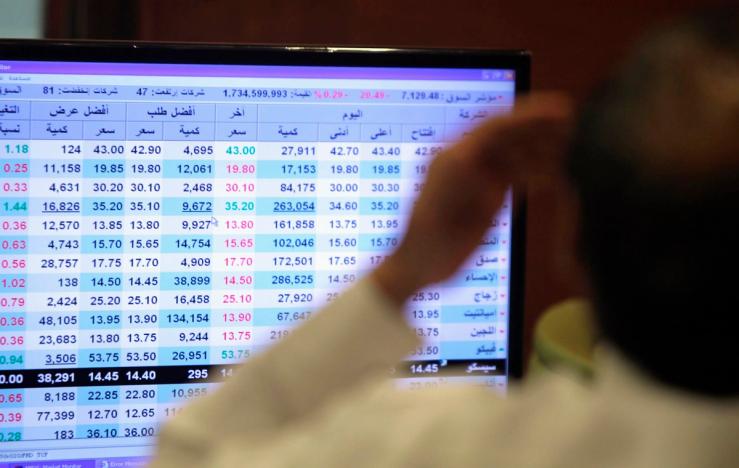The Scoop
Saudi Arabia’s stock market regulator is pushing companies to sell a bigger share of their stock to retail investors during initial public offerings, in the latest move to try to boost liquidity on the exchange, according to people familiar with the matter.
The Capital Market Authority has asked several companies planning IPOs in the coming months to allocate 30% of the shares on offer to retail investors, three people with knowledge of the plans said. The requests from the CMA have been made informally, and there’s no regulatory requirement to increase the retail tranche, according to the people.
The CMA’s official rules give companies selling stock and their financial advisers leeway to decide how much to offer to individual investors. Typically firms have allocated 10% of share offerings to retail traders, although some of the most recent IPOs have allocated a fifth of the offering to retail investors. The stock exchange itself offered 30% of its IPO shares to retail investors in 2021.
The regulator didn’t immediately respond to a request for comment.
In this article:
Know More
The CMA has kickstarted several measures aimed at boosting liquidity in recent weeks to help the market reverse a slump and a significant slowdown in trading volumes. Those measures have included a plan to scrap rules that required international buyers to first register as Qualified Foreign Investors, which is expected to be followed by changes to the 49% cap on foreign ownership.These are intended to encourage more foreign investors to come into the market and convince the significant portion of actively managed investment funds that are underweight Saudi Arabia to start buying.
Allocating more of the stock sold in an IPO to retail traders is designed to provide a boost to trading once those shares are listed, and placate local investors who have complained about missing out on the gains on offer from buying shares.
Local retail investors accounted for over 20% of all buy and sell orders on the Saudi exchange in September, making them the second biggest source of liquidity behind Qualified Foreign Investors.
Matthew’s view
Retail trading has ballooned globally, as a combination of the bull run in some major markets, the prevalence of smartphone apps, and the meme stock phenomenon led more individuals to take up investing.
In contrast, stock trading has always been a fairly common pastime in Saudi Arabia. But regulators had wanted the market to be dominated more by professional investors who make decisions based on financial research and not rumors spread on social media. Retail trading has fallen as a portion of the total market activity, and individual investors have seen their IPO allocations falling compared to 15 years ago.
Encouraging firms to allocate more shares for retail investors risks putting off the foreign institutions Saudi Arabia is simultaneously trying to woo. The biggest foreign money managers already struggle to get the allocations they want in Saudi share sales to justify the due diligence they have to do on new investments. Yet they play a crucial role in the price discovery process, benchmarking firms against global peers and quizzing management on their strategy.
If they see their IPO allocations shrink in favour of local retail investors, they will not be pleased. For Saudi Arabia, trying to keep both local investors happy at a time it also tries to attract more global investors will not be easy.
Notable
- Foreign investors and local retail were net sellers of Saudi stocks last week, with local institutional investors the biggest net buyers, based on the latest data from the exchange, Arqaam reported.



